Home>Garden Essentials>How Long Does It Take For Winter Rye To Germinate?
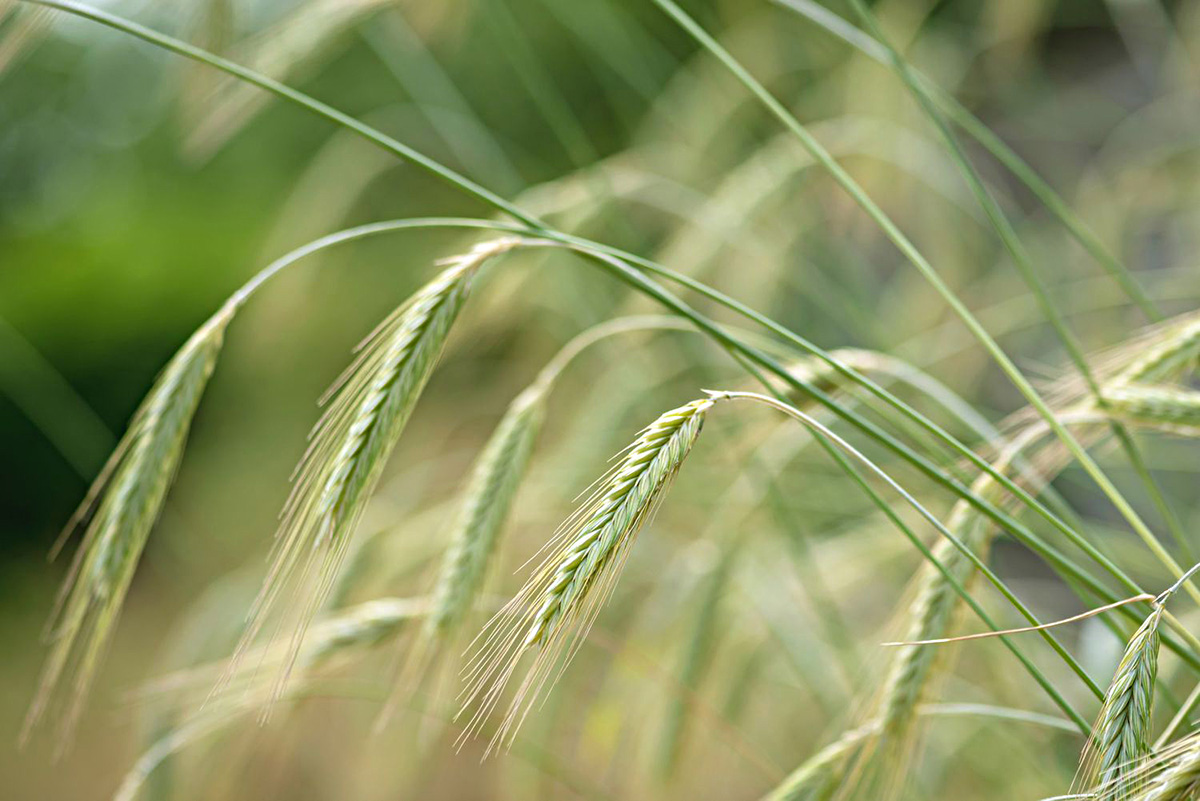

Garden Essentials
How Long Does It Take For Winter Rye To Germinate?
Modified: March 15, 2024
Learn how long it takes for winter rye to germinate in your garden. Discover the optimal time to plant and ensure successful growth for your winter garden.
(Many of the links in this article redirect to a specific reviewed product. Your purchase of these products through affiliate links helps to generate commission for Storables.com, at no extra cost. Learn more)
Introduction
Winter rye (Secale cereale) is a hardy cereal grain that is widely grown for a variety of purposes, including as a cover crop, forage, and grain production. It is well-known for its ability to withstand harsh winter conditions and provide numerous benefits to the garden and landscape. One common question that arises among gardeners and farmers is how long it takes for winter rye to germinate.
In this article, we will explore the germination process of winter rye, factors that can affect the germination time, and provide some tips on how to promote germination for successful growth. Whether you are a seasoned gardener or a beginner, understanding the germination process of winter rye is essential for achieving optimal results in your garden.
So, let’s dive in and discover how long it takes for winter rye to germinate and what factors can influence this crucial stage of growth.
Key Takeaways:
- Winter rye typically germinates within 7 to 14 days, but factors like seed quality and soil temperature can influence the process. Patience and optimal growing conditions are key for successful germination.
- To promote winter rye germination, prepare the soil, monitor moisture levels, and maintain optimal soil temperature. Protect seeds from pests and diseases, and provide adequate light for healthy growth.
Read more: How Long Does It Take Rye Grass To Germinate
What is Winter Rye?
Winter rye, also known as fall rye, is a cool-season grain crop that belongs to the Poaceae family. It is a hardy plant that is native to Eurasia and has been cultivated for thousands of years. Winter rye is known for its adaptability to a variety of soil conditions and its ability to tolerate cold temperatures.
Winter rye is commonly used as a cover crop to protect the soil during the winter months. Its dense growth helps prevent erosion and suppresses weeds, making it an excellent choice for organic and sustainable farming practices. In addition to its role as a cover crop, winter rye is also grown for forage and grain production.
As a cover crop, winter rye offers numerous benefits to gardeners and farmers. It improves soil structure by adding organic matter and enhancing soil fertility. The deep root system of winter rye helps break up compacted soil and improves water infiltration. Additionally, winter rye captures excess nitrogen from the soil, preventing it from leaching into groundwater and causing pollution.
In terms of grain production, winter rye is an excellent alternative to other cereals like wheat and barley. The grain is similar in appearance to wheat, with a slightly darker color and a more robust flavor. Winter rye can be ground into flour for baking, used as a whole grain in hearty dishes, or malted for brewing beer.
Overall, winter rye is a versatile and beneficial crop that offers various advantages to gardeners, farmers, and the environment. Its adaptability, hardiness, and diverse uses make it a valuable addition to any garden or farm.
The Germination Process of Winter Rye
The germination process of winter rye is a fascinating and essential stage in the plant’s life cycle. Understanding how this process works can help gardeners and farmers ensure successful germination and promote healthy growth of their winter rye crops.
Germination is the process by which a seed sprouts and develops into a young plant. It begins with the absorption of water by the seed, triggering biochemical reactions that lead to cell division and growth. Winter rye seeds have a protective seed coat that needs to be softened and penetrated by water for germination to occur.
Once the seed coat is hydrated, enzymes within the seed become active, breaking down starches and proteins into simpler compounds that can be used as energy by the developing plant. As a result, the embryo inside the seed starts to grow and sends out a radicle, which is the first root of the plant. The radicle grows downwards into the soil to anchor the seedling and absorb water and nutrients from the soil.
After the radicle emerges, the plumule, or shoot, starts to grow towards the surface of the soil. The plumule eventually develops into the first set of leaves, allowing the plant to begin photosynthesis – the process by which plants convert sunlight into energy.
The germination process is highly dependent on environmental conditions such as moisture, temperature, and light. Adequate moisture is crucial for germination, as it allows the seed to absorb water and activate the biochemical processes needed for growth. However, excessive waterlogging can be detrimental to germination as it can lead to oxygen deprivation and rotting of the seed.
In terms of temperature, winter rye is considered a cool-season crop and germinates best in cool soil temperatures around 45 to 55 degrees Fahrenheit (7 to 13 degrees Celsius). Cooler temperatures can slow down the germination process, while warmer temperatures can lead to faster but less vigorous growth.
Light conditions also play a role in winter rye germination. While some seeds require light to germinate, winter rye is not particularly sensitive to light and can germinate in both dark and light conditions. However, once the young seedling emerges from the soil and starts to grow, it requires sufficient light for photosynthesis and healthy development.
Overall, the germination process of winter rye is complex and influenced by several environmental factors. Providing the right conditions of moisture, temperature, and light can help ensure optimal germination and set the stage for successful growth and development of winter rye plants.
Factors Affecting the Germination Time
The germination time of winter rye can vary depending on several factors. Understanding these factors can help gardeners and farmers anticipate and optimize the germination process for successful growth. Here are some key factors that can influence the germination time of winter rye:
- Seed quality: The quality of the winter rye seeds plays a significant role in the germination time. High-quality seeds that are fresh, viable, and free from disease or damage tend to germinate more quickly and uniformly.
- Soil temperature: Soil temperature is a critical environmental factor that affects the germination time of winter rye. Cooler soil temperatures between 45 to 55 degrees Fahrenheit (7 to 13 degrees Celsius) are ideal for germination. Warmer temperatures can speed up the germination process, but extreme temperatures can inhibit germination or lead to weak seedlings.
- Moisture level: Adequate moisture is crucial for successful germination. The availability of water in the soil allows the seed to absorb and activate the biochemical processes necessary for growth. However, excess water or waterlogging can hinder germination by depriving the seed of oxygen or causing rotting.
- Light conditions: While winter rye seeds do not require light to germinate, they can germinate in both light and dark conditions. However, once the seedlings emerge from the soil, they require sufficient light for photosynthesis and healthy growth.
- Seed dormancy: Some winter rye seeds may exhibit dormancy, which is a natural mechanism that prevents immediate germination in unfavorable conditions. Seed dormancy ensures that germination occurs under optimal conditions for survival. However, methods such as cold stratification or scarification can be used to break seed dormancy and promote germination.
- Soil quality: The condition and quality of the soil can have a significant impact on germination. Well-drained soil with good fertility and sufficient organic matter allows for proper moisture retention and root development, promoting quicker and healthier germination.
- Planting depth: The depth at which winter rye seeds are planted can affect the germination time. Planting too deep can delay germination as the seed requires more time to reach the soil surface. Conversely, planting too shallow can expose the seed to unfavorable conditions and hinder germination.
Considering these factors and providing the optimal conditions of moisture, temperature, light, and soil quality can help expedite the germination process of winter rye and ensure uniform and robust seedling emergence.
Winter rye typically takes 7-10 days to germinate. Keep the soil consistently moist and ensure it receives plenty of sunlight for best results.
Average Germination Time for Winter Rye
The germination time for winter rye can vary depending on various factors such as seed quality, soil temperature, and moisture level. On average, winter rye typically germinates within 7 to 14 days after planting.
However, it’s important to note that this is just an average timeframe. The actual germination time can be influenced by factors such as the specific variety of winter rye, environmental conditions, and seed quality. Some varieties of winter rye may germinate faster, while others may take a bit longer.
One significant factor that affects the germination time is the soil temperature. Winter rye is a cool-season crop and prefers soil temperatures between 45 to 55 degrees Fahrenheit (7 to 13 degrees Celsius) for optimal germination. If the soil temperature is too cold, it can result in delayed germination, while temperatures that are too warm may expedite the process.
The moisture level in the soil is also crucial for germination. Winter rye seeds require adequate moisture to activate the biochemical processes necessary for growth. However, it’s important to strike a balance and avoid excessive water, as waterlogging can lead to oxygen deprivation and hinder germination. Proper moisture management is key to ensuring timely and successful germination.
Additionally, seed quality plays a significant role in germination time. High-quality seeds that are fresh, viable, and free from damage or disease tend to germinate more quickly and uniformly. It’s important to select reputable seed sources to ensure the best germination results.
It’s worth mentioning that while the average germination time is within 7 to 14 days, some seeds may begin germinating within a few days, while others may take longer. Patience is key when waiting for winter rye seeds to germinate, and it’s important to provide optimal growing conditions and monitor the progress along the way.
By understanding the average germination time and the factors that influence it, gardeners and farmers can plan their planting schedules accordingly and take the necessary measures to facilitate successful germination and growth of their winter rye crops.
Read more: How Long Does It Take Sorghum To Germinate
Tips for Promoting Germination of Winter Rye
Promoting the germination of winter rye is crucial for ensuring a successful and healthy crop. Here are some tips to help optimize the germination process and set the stage for robust growth:
- Prepare the soil: Prior to planting, prepare the soil by removing weeds and loosening it with a garden fork or tiller. This will create a favorable environment for the seeds to establish roots and germinate.
- Provide optimal soil moisture: Adequate moisture is essential for germination. Before planting, ensure that the soil is moist but not waterlogged. Consider irrigating the soil a few days before planting to ensure optimal moisture levels.
- Choose the right planting depth: Plant the winter rye seeds at the recommended depth, typically around 1 to 2 inches deep. Planting too shallow can expose the seeds to unfavorable conditions, while planting too deep can delay germination.
- Maintain optimal soil temperature: Winter rye prefers cooler soil temperatures for germination. Monitor the soil temperature and aim for a range of 45 to 55 degrees Fahrenheit (7 to 13 degrees Celsius). This can be achieved by planting in the cooler months or using shade covers to regulate temperature in warmer climates.
- Consider seed treatment: Some gardeners choose to pre-treat winter rye seeds to enhance germination. Options include soaking the seeds in water overnight or applying a seed treatment with beneficial microorganisms to improve seed health and germination rates.
- Protect from pests and diseases: Keep an eye out for common pests and diseases that can affect winter rye germination, such as birds, rodents, and fungal diseases. Take appropriate measures to protect the seeds, such as using bird netting or applying organic fungicides if necessary.
- Monitor soil moisture regularly: Throughout the germination period, check the soil moisture regularly to ensure it remains consistently moist. Dry or waterlogged conditions can hinder germination, so adjust irrigation practices accordingly.
- Provide adequate light: While winter rye seeds don’t require light to germinate, once the seedlings emerge from the soil, they need sufficient light for photosynthesis and healthy growth. Ensure the seedlings receive at least 6 to 8 hours of sunlight per day.
- Practice crop rotation: To minimize the risk of disease and pests, practice crop rotation by avoiding planting winter rye in the same area for consecutive seasons. This helps break the disease cycle and maintains soil fertility.
- Monitor and adjust as needed: Keep a close eye on the germination progress of the winter rye seeds. If any issues arise, such as poor germination or uneven emergence, take prompt action to address the problem. Adjusting moisture levels, improving soil conditions, or seeking expert advice can help resolve any germination challenges.
By following these tips and providing optimal growing conditions, you can significantly increase the chances of successful germination and promote healthy growth of your winter rye crop. Remember to be patient, as germination times can vary, and monitor the progress of your plants to ensure their needs are met throughout the growing season.
Conclusion
Understanding the germination process of winter rye and how to promote its successful growth is essential for gardeners and farmers alike. Winter rye is a hardy and versatile crop that offers numerous benefits, including erosion control, weed suppression, improved soil fertility, and grain production.
Throughout this article, we have explored the germination process of winter rye, factors that can influence germination time, and tips for promoting successful germination. We’ve learned that winter rye seeds require adequate moisture, optimal soil temperature, and appropriate light conditions to germinate and establish healthy seedlings.
Factors such as seed quality, soil temperature, moisture levels, and light conditions can all impact the germination time of winter rye. By providing the right conditions, selecting high-quality seeds, and taking proper care of the soil and seedlings, gardeners and farmers can increase the likelihood of successful germination and promote healthy growth of their winter rye crops.
Remember to prepare the soil, maintain optimal moisture levels, and monitor the soil temperature throughout the germination process. Adjustments may be needed to address any issues or challenges that arise during germination, such as pest control or disease prevention.
By following the tips provided in this article and staying attentive to the needs of your winter rye crop, you can set the stage for a thriving and productive garden or farm. Enjoy the benefits of winter rye as a cover crop, forage, or grain production, and appreciate the beauty and resilience of this remarkable plant.
So, whether you’re a seasoned gardener or a beginner, embrace the opportunity to grow winter rye and witness the wonder of its germination process. Happy gardening!
Frequently Asked Questions about How Long Does It Take For Winter Rye To Germinate?
Was this page helpful?
At Storables.com, we guarantee accurate and reliable information. Our content, validated by Expert Board Contributors, is crafted following stringent Editorial Policies. We're committed to providing you with well-researched, expert-backed insights for all your informational needs.
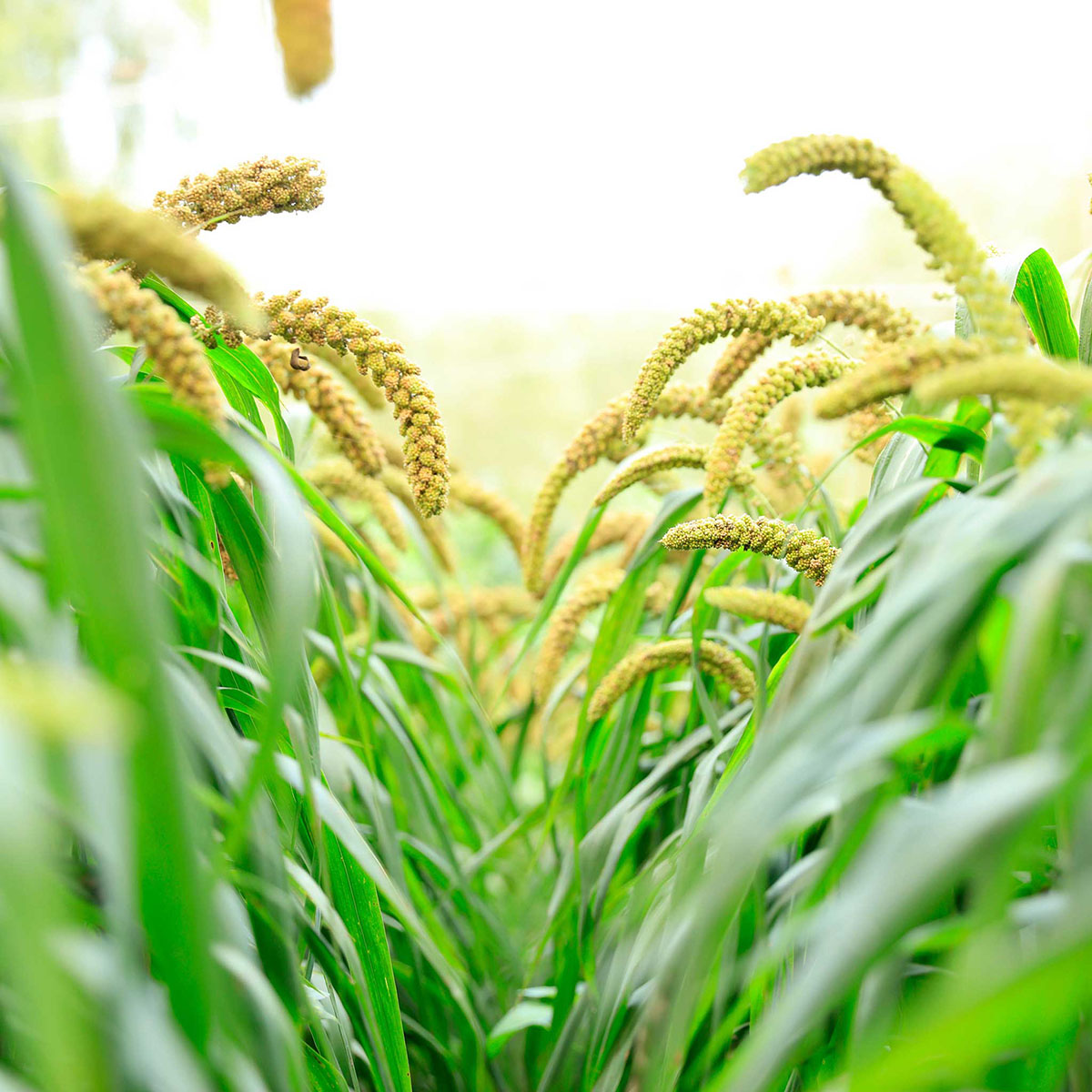
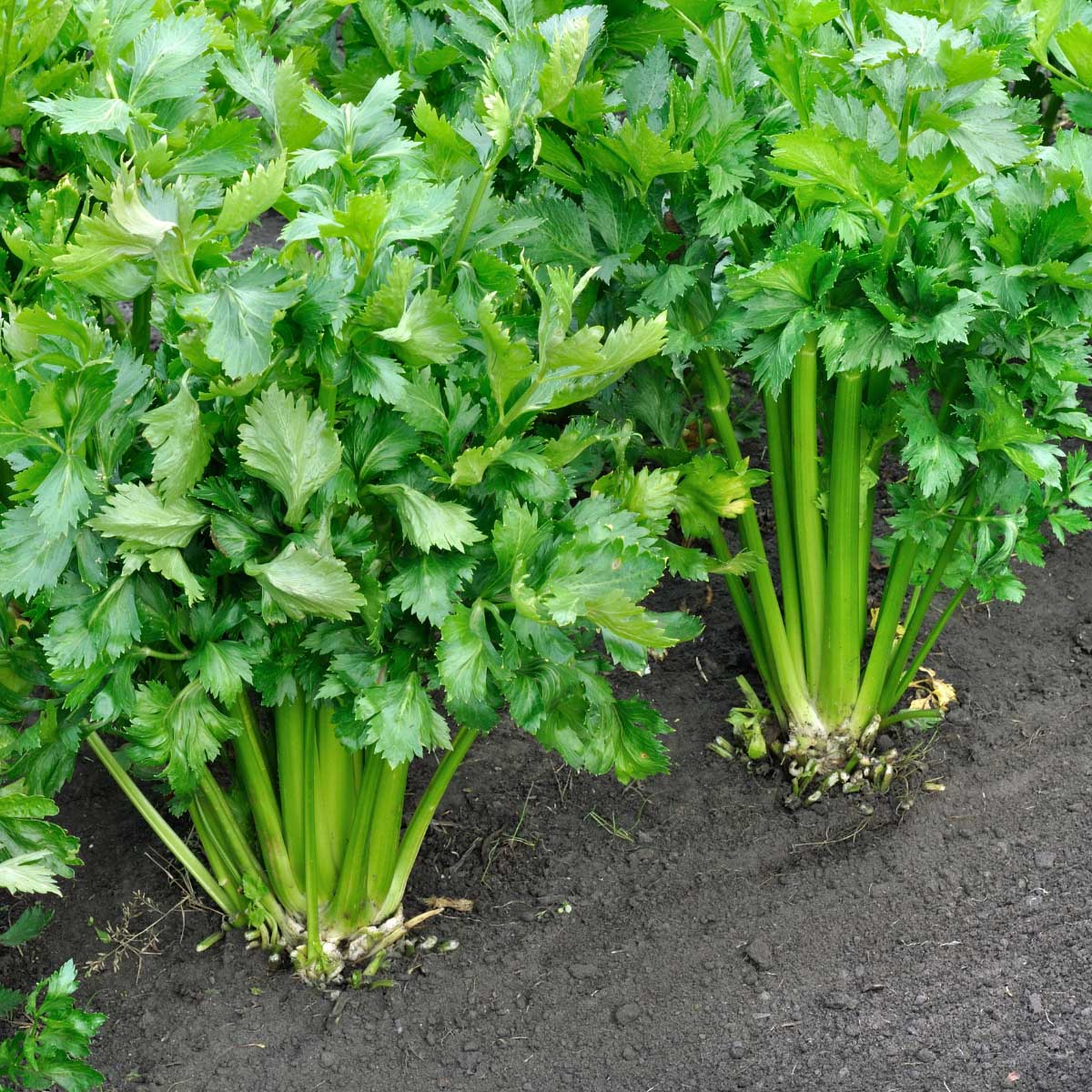
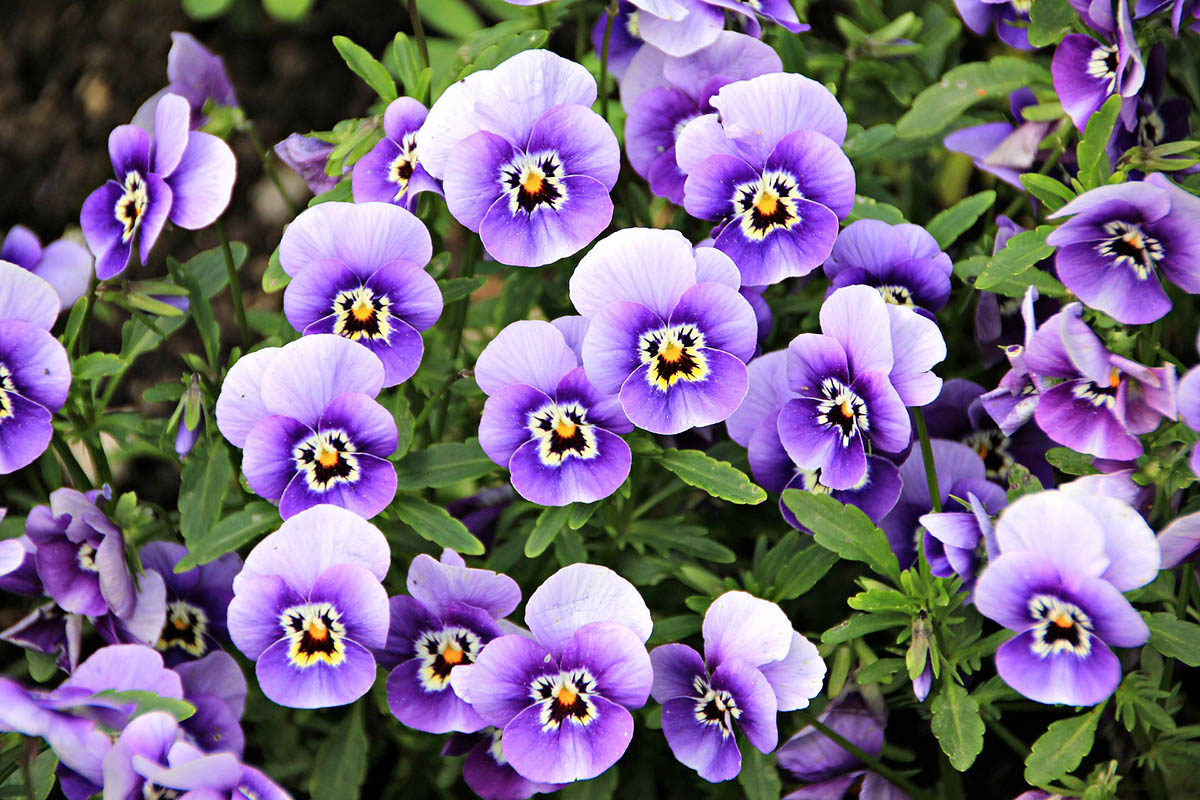
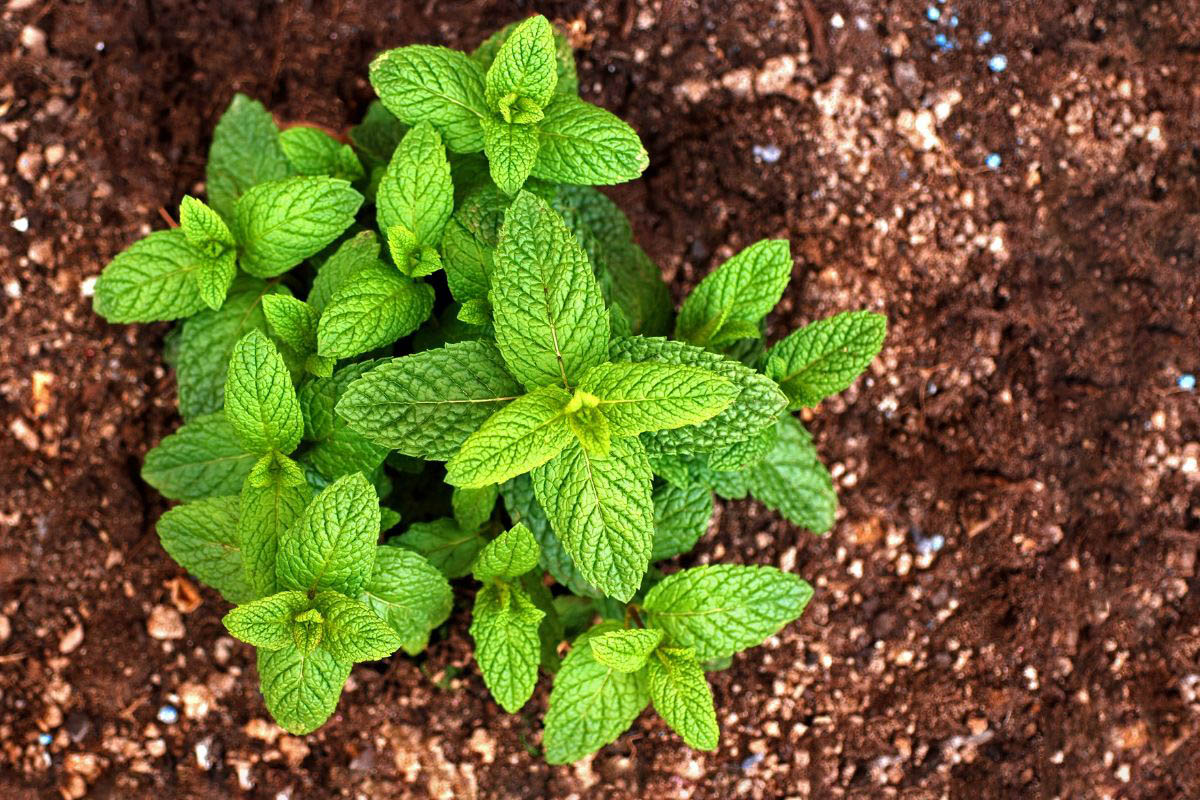

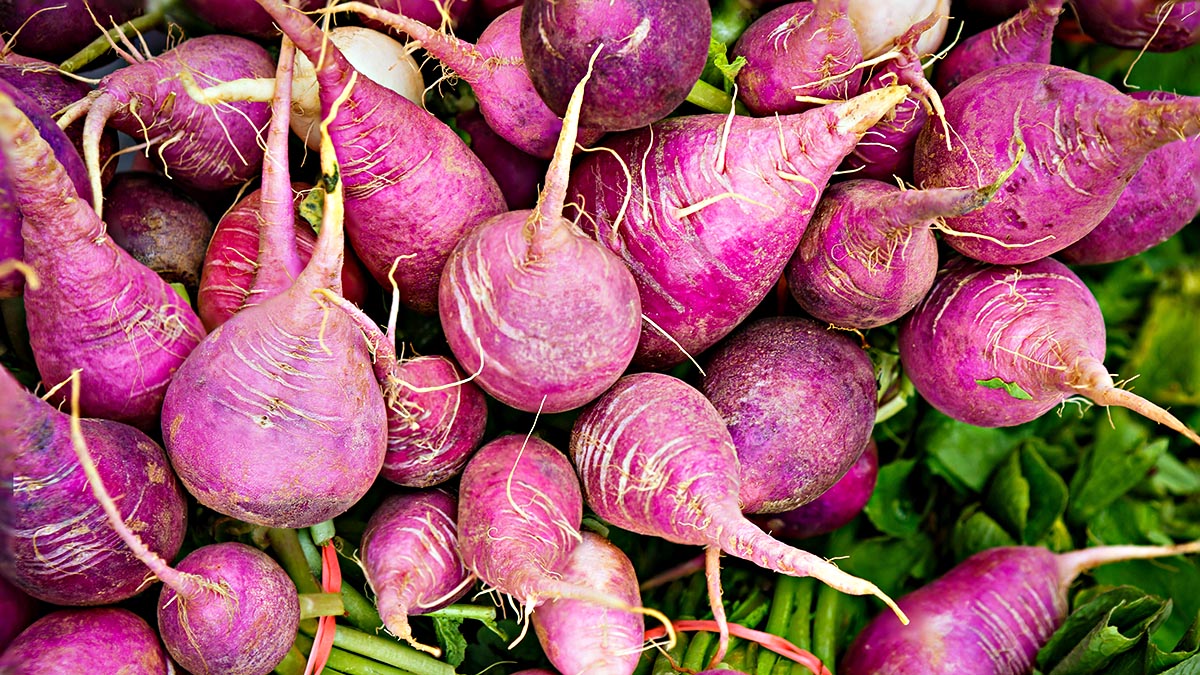
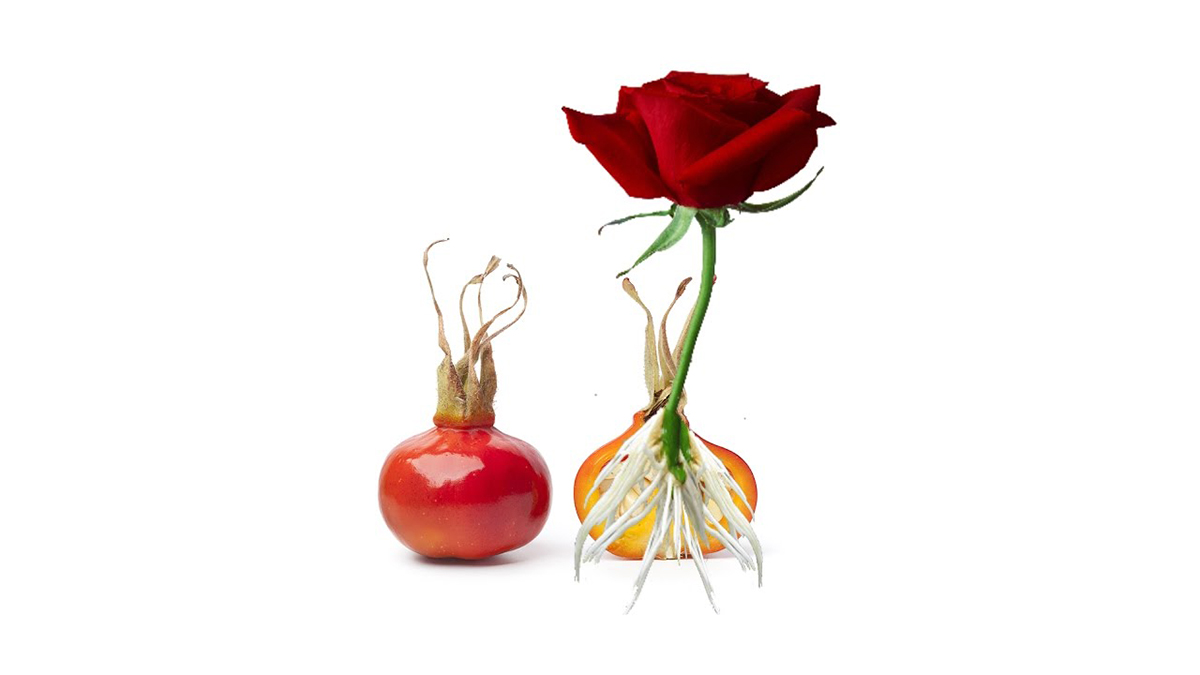
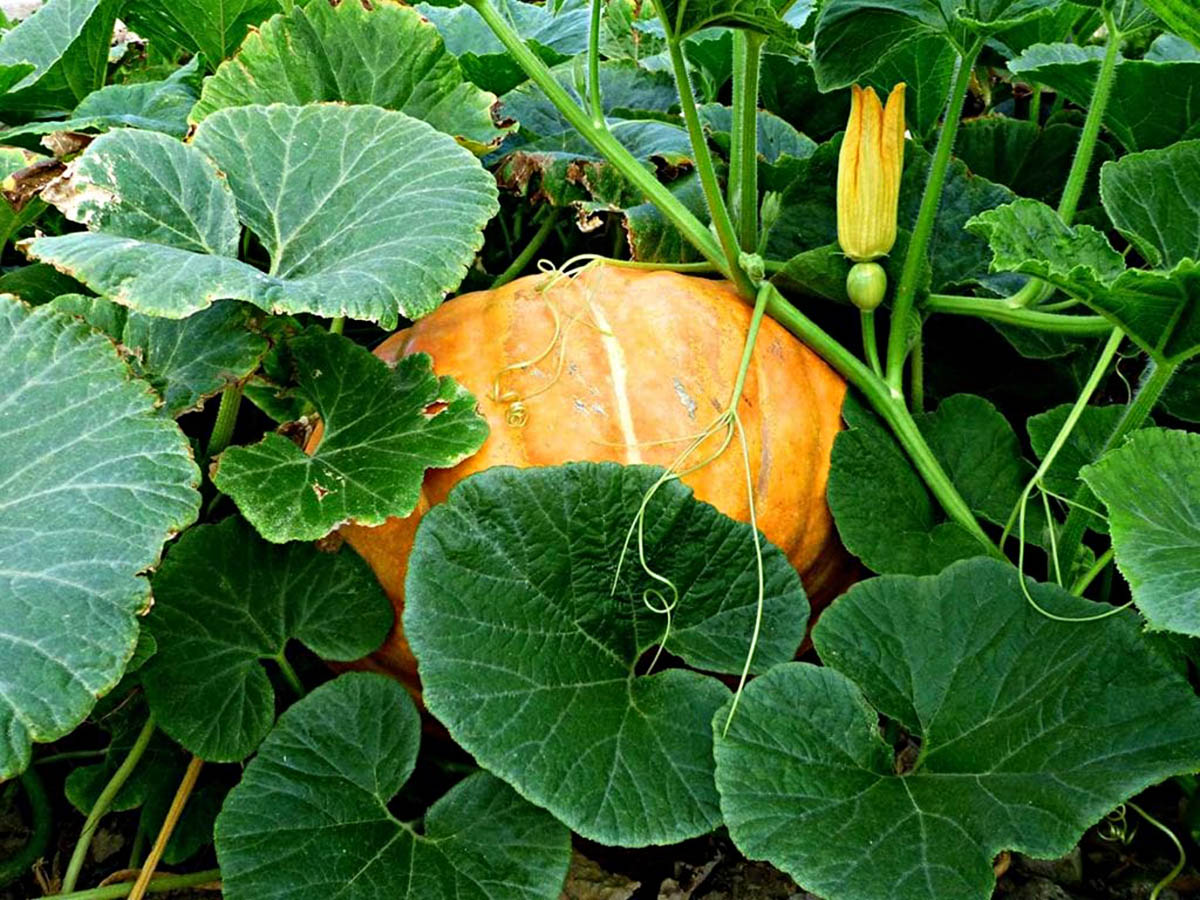
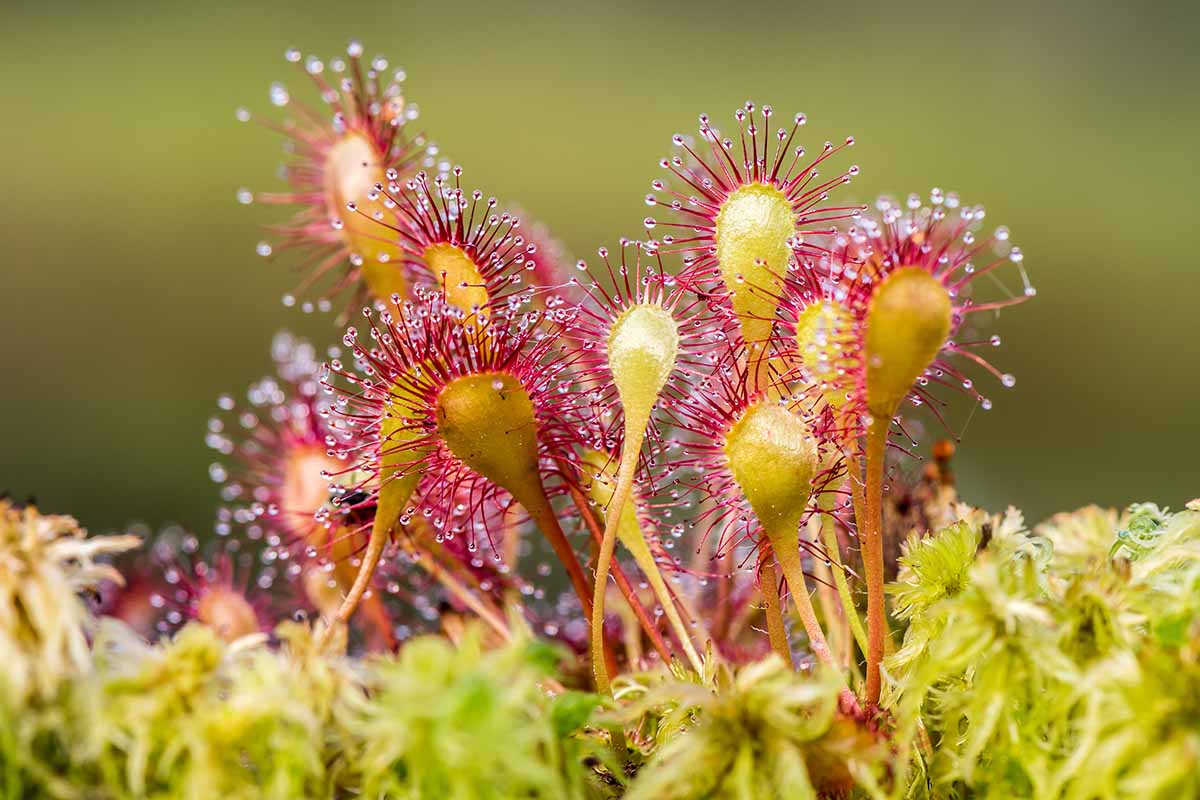

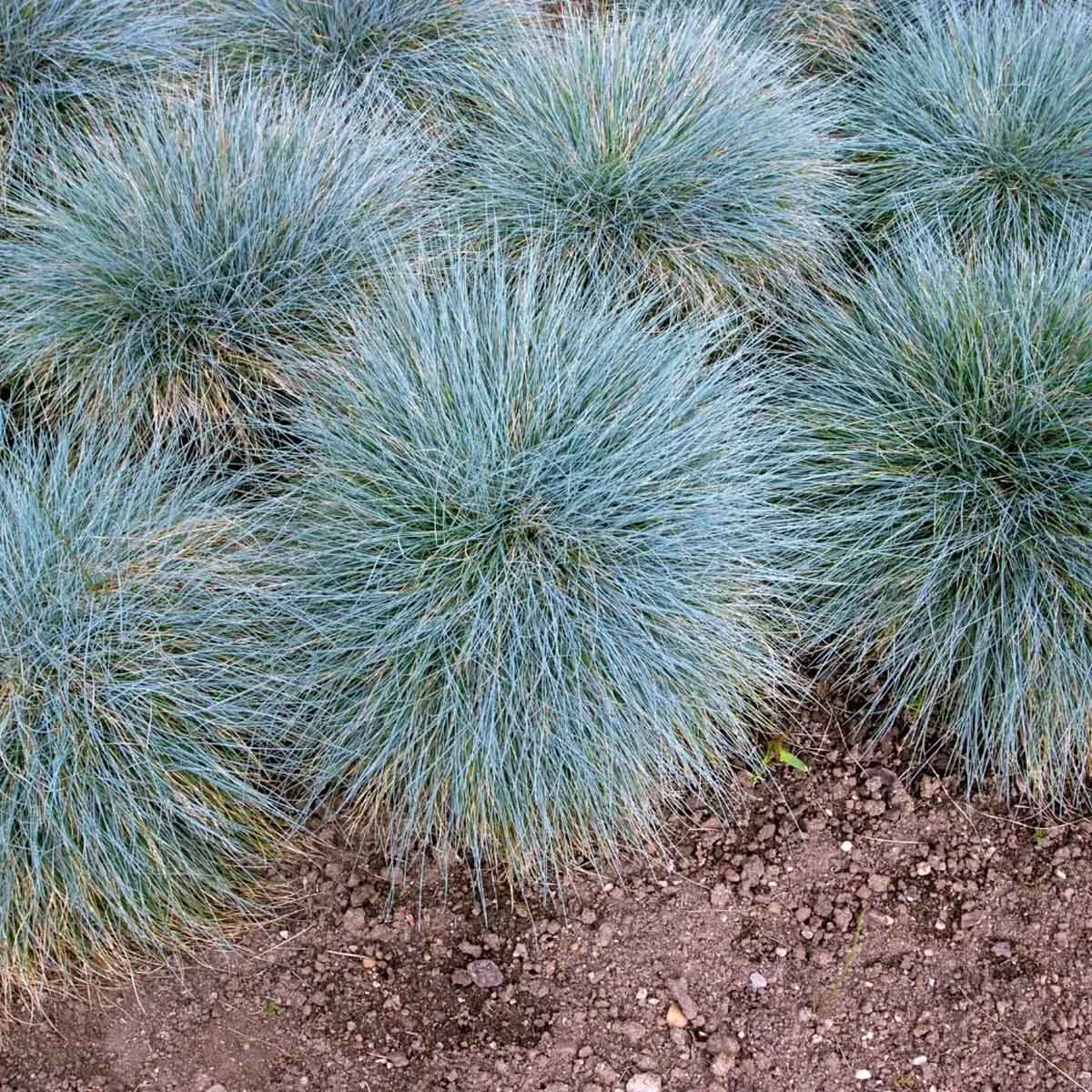
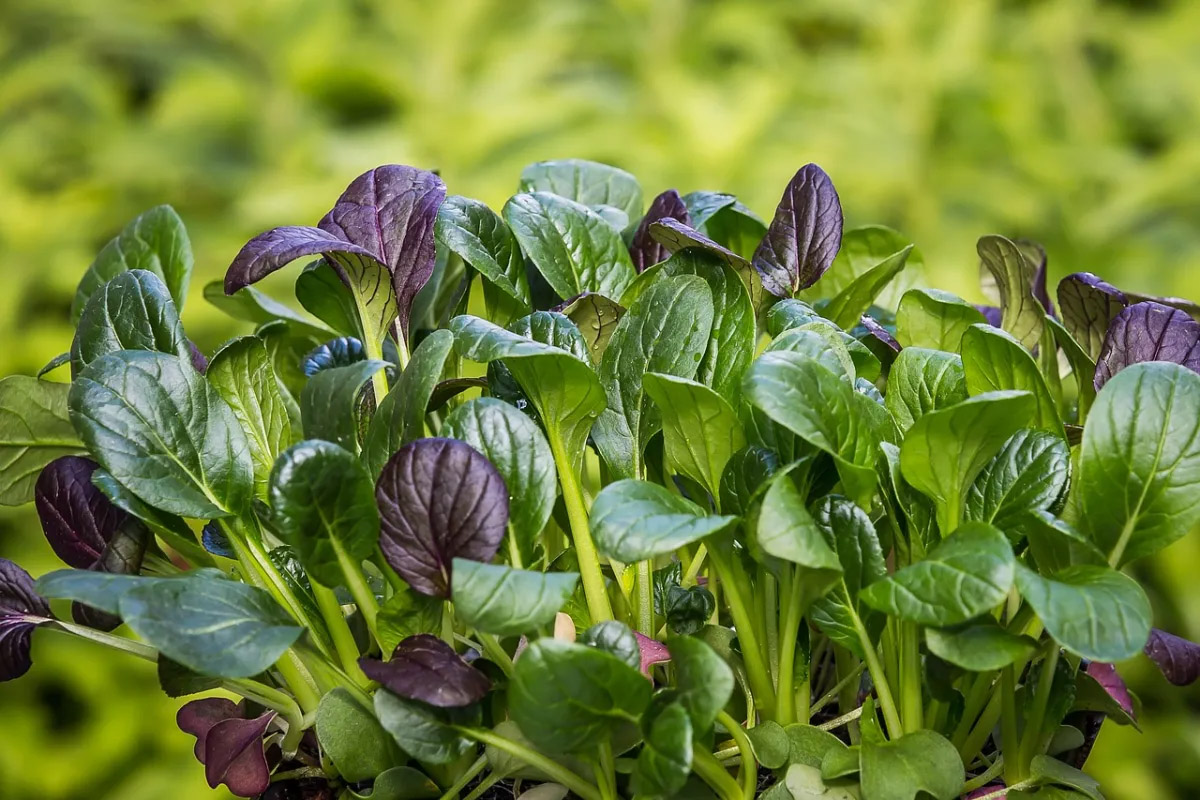
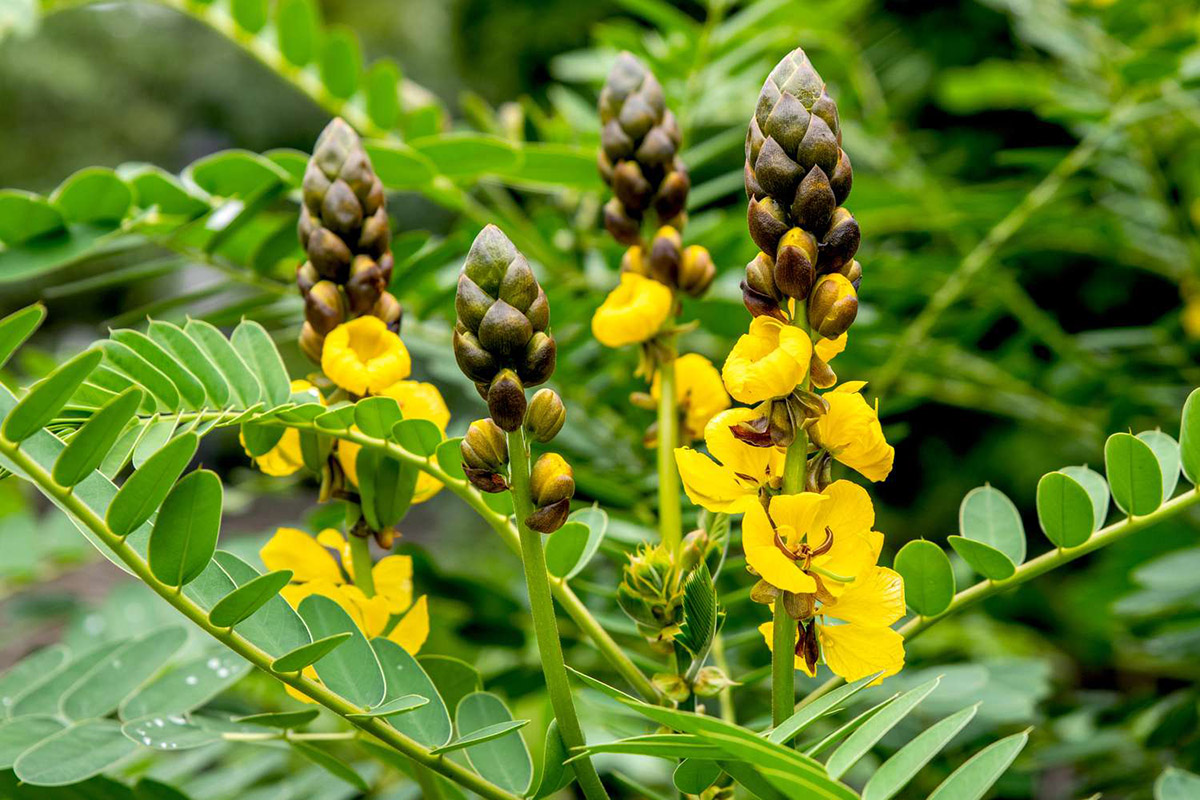
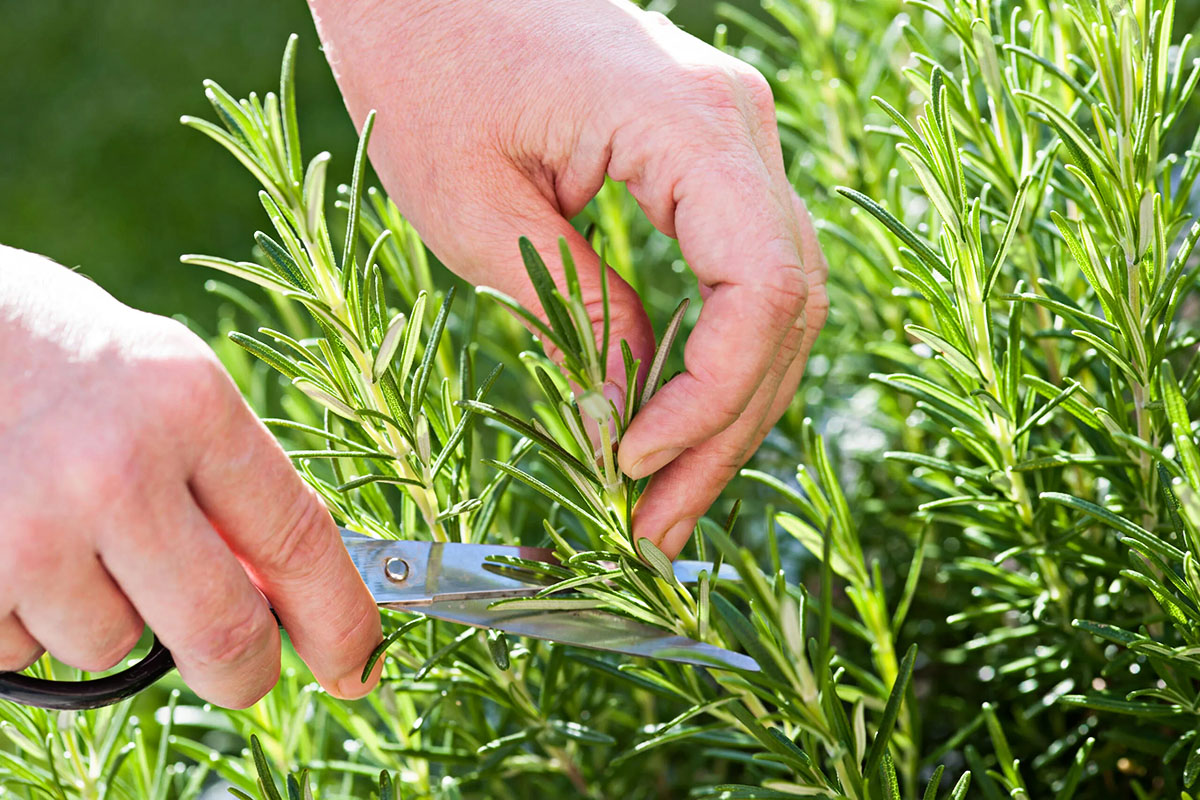

0 thoughts on “How Long Does It Take For Winter Rye To Germinate?”